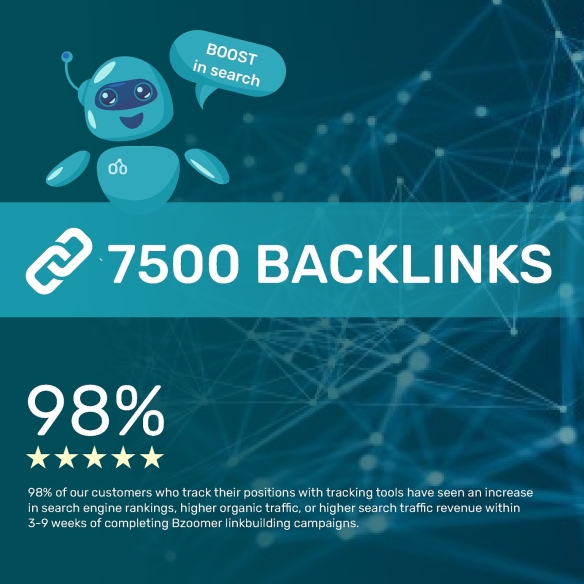Divorce, often perceived as one of life's most stressful events, can be overwhelming, not just emotionally but also legally and financially. In the midst of legal battles and emotional upheaval, many individuals find themselves lost, unable to make clear and informed decisions. This is where a divorce coach comes in. A divorce coach is a trained professional who assists clients through the complexities of divorce, offering emotional support, practical advice, and strategic guidance.
What is a Divorce Coach?
A divorce coach is a specialist who helps individuals navigate the often turbulent process of divorce. Unlike therapists or counselors who may delve into past relationship dynamics, divorce coaches focus on the present and the future, providing practical guidance on navigating the process effectively. They work collaboratively with clients to manage stress, set goals, and make decisions that align with their personal and financial interests.
Key Responsibilities of a Divorce Coach
- Emotional Support: Divorce coaches provide a supportive and non-judgmental space for clients to express their feelings and fears.
- Decision-Making Assistance: They help clients prioritize their needs and make informed decisions about legal and financial matters.
- Communication Strategies: Coaches offer techniques to improve communication with estranged spouses, essential for negotiations and co-parenting.
- Resource Guidance: They direct clients to additional resources such as therapists, financial advisors, and legal counsel.
Benefits of Hiring a Divorce Coach
- Reduced Stress: By providing emotional support and practical advice, divorce coaches can alleviate the stress associated with managing divorce proceedings.
- Cost Efficiency: Coaches can help streamline the divorce process, potentially reducing the time and money spent on legal fees by preparing clients for meetings with lawyers and mediators.
- Better Outcomes: With a coach's guidance, clients are often better equipped to negotiate favorable outcomes in terms of asset division, custody arrangements, and financial support.
- Emotional Resilience: Coaching provides clients with tools to handle emotional challenges, aiding in a healthier adjustment to life post-divorce.
How to Choose a Divorce Coach
When selecting a divorce coach, it's important to consider their qualifications, experience, and personal compatibility. Ideal candidates should have:
- Relevant Training: Certification in divorce coaching or a related field.
- Experience: A solid track record of assisting clients through divorce.
- Personal Fit: A communication style and approach that resonate with you.
Divorce coaches play a crucial role in helping individuals face the daunting challenges of divorce with greater confidence and clarity. By providing emotional support, practical guidance, and strategic advice, they ensure that clients can navigate their divorce with dignity and emerge ready to start a new chapter in their lives. For anyone going through a divorce, hiring a coach can be a pivotal step in transforming a difficult process into a manageable one, marked by personal growth and hopeful beginnings.


